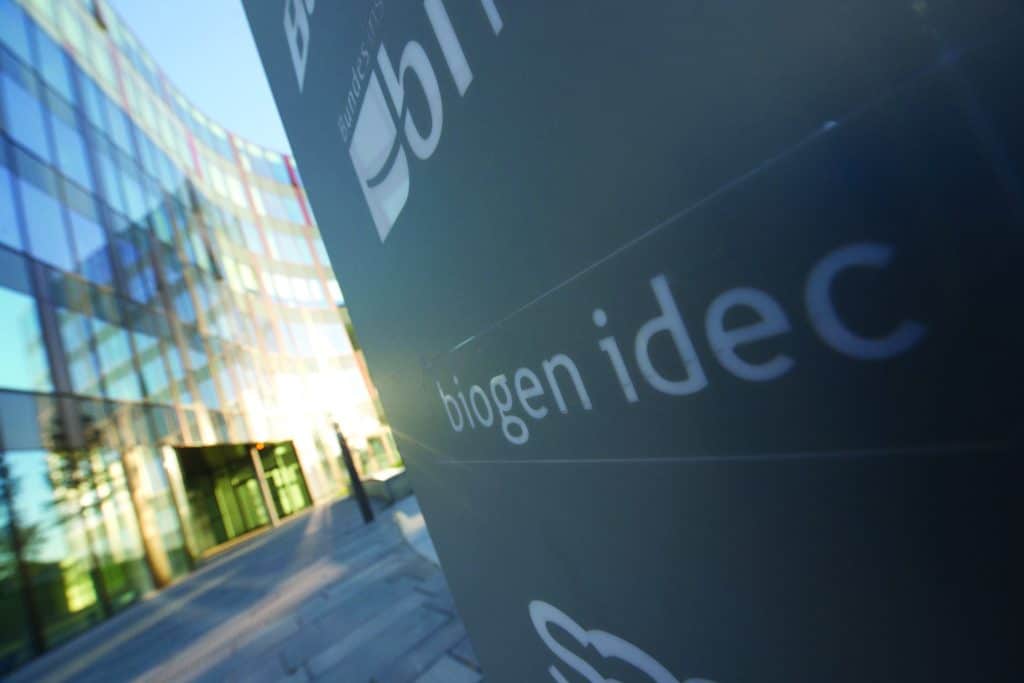
Biogen signs neurology deal
pharmafile | September 11, 2013 | News story | Research and Development, Sales and Marketing | Biogen IDEC, Isis, antisense, neurology
Biogen Idec and Isis Pharmaceuticals have entered their fourth partnership in two years in a deal that will see the US companies use the latter’s antisense technology to help bolster Biogen’s neurology pipeline.
Biogen is giving Isis $100 million upfront for a six-year research programme and there is the promise of more to come in potential milestone payments, licence fees and royalties – perhaps as much as $220 million more depending on what is discovered.
Antisense technology – a key part of the companies’ previous deals – attempts to turn genes ‘on’ or ‘off’, altering their function, perhaps by silencing a mutation or by activating a gene which can compensate for a defect.
If the genetic sequence of a gene causes disease, a strand of nucleic acid (DNA, RNA or a chemical analogue) can be synthesized to bind to the messenger RNA (mRNA) produced by that gene to change its action.
In 2012 Biogen and Isis signed deals to develop antisense drugs for spinal muscular atrophy, myotonic dystrophy type 1 and three novel targets for neurological disorders.
“This strategic alliance with Isis builds on our existing relationship and combines the unique strengths of each partner to significantly advance the treatment of serious neurological diseases,” said Douglas Williams, Biogen’s executive vice president of R&D.
“Antisense is a validated technology that we believe will help build our pipeline of antisense, small molecule and biologics programmes, strengthening our leadership in neurology,” he added.
“Biogen Idec’s access to novel targets and contribution to research and development efforts should enable us to identify, validate and advance a number of promising new therapies,” said B. Lynne Parshall, Isis’ chief operating officer.
Previous collaborations have “significantly enhanced the development of our spinal muscular atrophy and myotonic dystrophy programmes”, Parshall added.
In the new deal, Isis will be responsible for drug discovery and early development of antisense therapies, while Biogen’s remit is to create and develop small molecule treatments and biologics.
It will also be Biogen’s job to determine which molecules should be advanced and the company will also oversee late-stage development and commercialisation of any drugs from the collaboration.
Adam Hill
Related Content

BioIVT acquires PrecisionMed for neurology and oncology research
BioIVT has announced that it has acquired PrecisionMed, a leading supplier of high-quality human biological …

Cartesian Therapeutics announces successful trial of RNA cell therapy in autoimmunity
Clinical stage biotechnology company, Cartesian Therapeutics, has announced results from its clinical trial using RNA …

Nido Biosciences raises $109m in funding for neurological diseases treatments
US-based clinical-stage company Nido Biosciences has announced that is has received $109m in Seed, Series …








